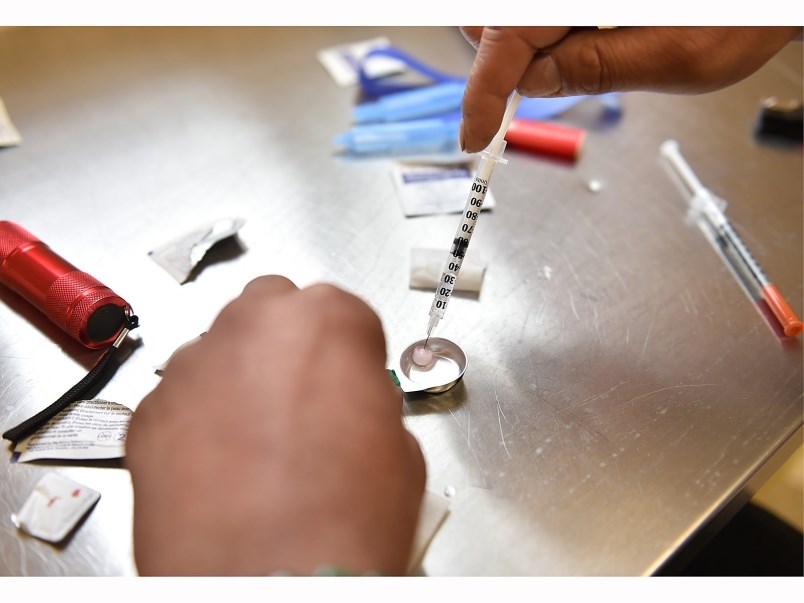The Editor,
Re. "Investigation: Deadly fentanyl now BC addicts’ drug of choice" (tricitynews.com, June 5).
The content of this article is informative but I must take exception with the use of the word “addict” and the phrase “drug abusers” when describing people who use drugs (PWUD).
Language is powerful. It can uplift those who are sad. It can excite those who are withdrawn. It can empower those who are shy.
But language can also harm, destroy, denigrate and otherwise inflict such trauma and pain onto someone that they eventually become lost and devastated.
The word “addict” and the phrase “drug abusers” discredit PWUD in the eyes of others by stigmatizing them. This word and phrase blame the PWUD while simultaneously promoting shame and harm.
An “addict” is someone we can ignore, turn our backs on. The word implies that the PWUD is unworthy of receiving treatment and support. The phrase “drug abusers” implies that PWUD are immoral, that they do not matter.
Our language damages those who use drugs by pushing them away from treatment and away from those who can provide assistance and support.
Our language must be people-first. Someone who uses heroin is not an “addict;” rather, they are a “person who happens to use heroin.” The use of this latter phrase puts the person first as opposed to putting the drug first.
The word “addict” is dehumanizing. It belittles the fact that they are human; that they have dreams and desires; that they love and are loved by others; and that they are part of someone’s family. Calling someone an “addict” focuses attention strictly on the drug(s) being consumed while discounting everything else that makes this person a unique individual.
If we as a society truly want to offer care, support and assistance to those who use substances, then we must change the way we describe them. We must reflect on the language we use to recognize that our language can be used positively, to lift up someone, or negatively, to destroy someone.
What should we choose? I hope the answer is obvious.
Think before you speak.
Gerry Gramozis, Department of Psychology and Social Sciences, Douglas College



